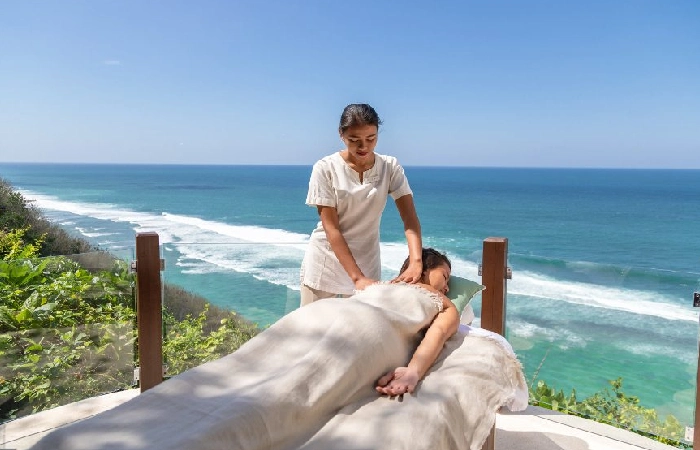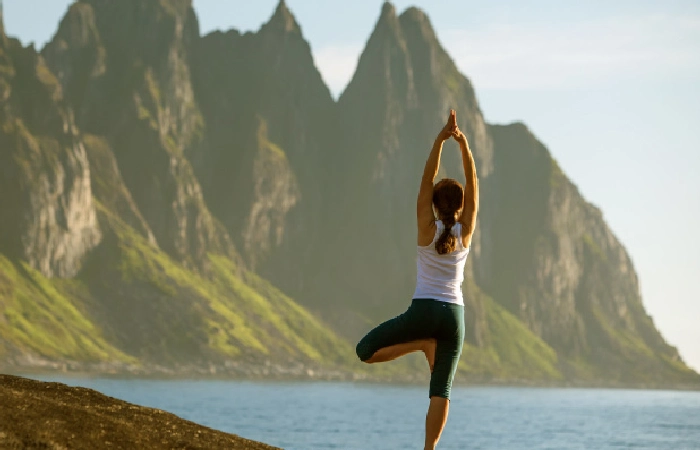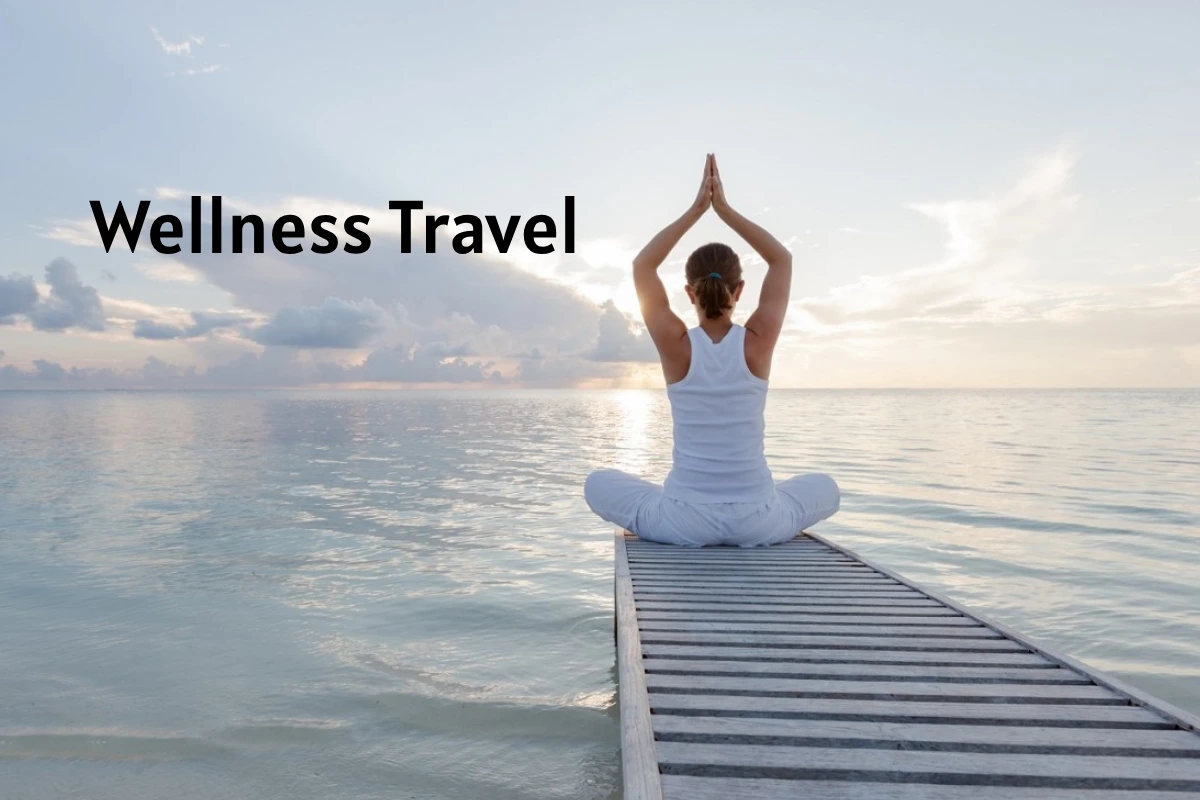Table of Contents
Wellness Travel Will Be the Emphasis in the Post-Pandemic Era
Wellness Travel Retrospective, It has been a stressful year for everyone worldwide; businesses have collapsed, people have lost loved ones, and others have lost their jobs, and they are dealing with the financial hardship that comes with it. The coronavirus has upended all aspects of life and has increased mental health concerns for most people. Given this, many people now want to take wellness trips to renew their mental, spiritual and physical well-being when the crisis is over.
As the outbreak worsened, health experts called for extraordinary health measures, including social distancing, avoiding physical contact with people and staying home. These events went on for several months, causing many intense expressive and mental health distress. Add to this the anguish of losing friends and family to the illness and the widespread anxiety contracting the virus. These emotions have stayed with many people for much of the year and have revealed the need to balance health restrictions with the need to provide people with adequate mental health support.
Consequently

People have prioritized improving their physical and mental well-being for the days ahead. People with comorbidities, such as high blood pressure, obesity and diabetes, are at higher risk of contracting and dying from the infection has also put wellness in the spotlight as the world slowly recovers from the pandemic.
A recent UK review found that more than 33 per cent of UK consumers believe that health and well-being are a crucial part of their lives, up from 23 per cent before the pandemic. Nearly half of those surveyed say they crave breaks to deal with mental health stress associated with the pandemic. For many of them (42 per cent), top priority for a post-COVID-19 vacation is recharge and unwind, while 33 per cent of respondents say they would like to experience nature and get away from all the noise of COVID-19.
Another Survey By the Wellness Tourism Association
Found that nearly 78 per cent of people in 48 countries reported that wellness travel would be on their list of travel plans when restrictions remain lifted. Most respondents indicated that they would book a wellness trip to escape the stress of daily life in the context of the pandemic, connect with nature, and feel rejuvenated.
This presents a massive opportunity for key players in the wellness travel business to deliver value to consumers and revive the industry.
In February 2020,
the Global Wellness Institute projected the wellness travel market to reach $919 billion, accounting for nearly 20 per cent of global tourism. The institute also stated that the wellness tourism market would grow at an average annual rate of 7.5 per cent by 2022. This means wellness facilities, spas, and other medical centres will increase visits and requests. , reflecting the repressed demand for welfare. Services as the pandemic subside.
Major global players in the travel industry, including Accor Hotels, Rosewood Hotels, Radisson Hospitality and Hyatt Hotels, have adopted new growth strategies to expand wellness offerings and create new business models to meet this growing demand for wellness. These hotels now incorporate spa experiences, fitness classes, yoga sessions, and lavish picnics to allow guests to unwind.
The Figueroa Hotel in Los Angeles,

California recently launched mindfulness, yoga and sound bath classes for hotel guests looking to de-stress. CIVANA Wellness Resort and Spa in Arizona has also seen a sharp increase in the number of guests visiting to enjoy the report’s wellness-focused program. The resort offers private healing classes for people seeking personal experiences to calm their minds.
Given the global acceptance of other medicines and holistic wellness treatments. Travel destinations known for traditional medicines remain also experiencing an increase in demand for these wellness services.
For Example,
Hotels in the Maldives and Sri Lanka remain already seeing increased requests for Ayurvedic and detox therapies since those countries have lifted lockdowns. Shreyas Yoga Retreat in India stayed connected with its visitors through virtual sessions and online consultations with Ayurvedic doctors and naturopaths, and have started welcoming guests after local travel restrictions eased in June.
The wellness tourism market has remained dominated by North America, Europe. And also Asia Pacific countries, with the US, Germany, China, France, and Japan accounting for nearly 60 percent of the global market. In recent years, however, China and India have soared up the rankings, offering traditional Chinese medicine and Ayurvedic therapies that totaled 39 million wellness trips between 2015 and 2017.
Conclusion
Wellness Tourism is considered to be one of the tourism products that would see greater adoption in Post Corona travel decisions, Wellness has been an explicit motive in travel with the objective of furthering good health and wellness is an implicit motive in most travel decisions. Wellness travel goals range from rest and relaxation to specific goals such as detox.

